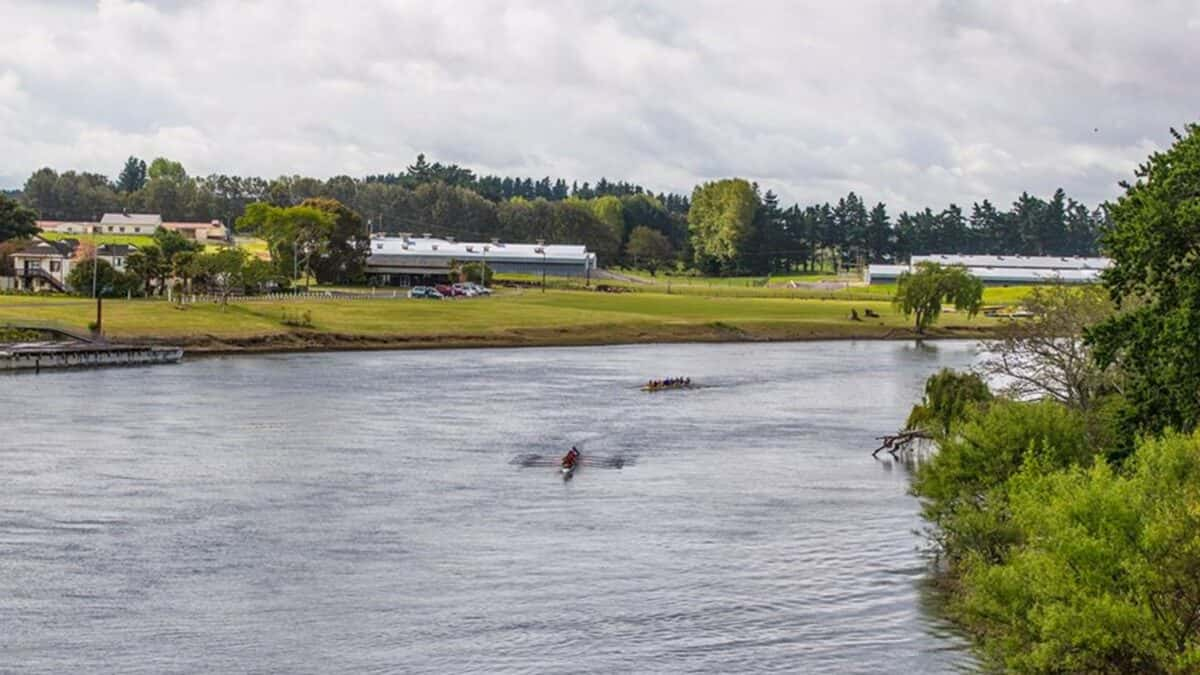
09 Nov 2016
Clean water message behind ambitious row
The inaugural Waikato 100 took place at the weekend along the Waikato River which flows into Lake Karapiro, home of New Zealand Rowing’s national training centre.
The event was organised by Rob Hamill, a former World Rowing Championships lightweight double sculls silver medalist and winner (with Phil Stubbs) of the first Trans-Atlantic rowing race. Hamill is well aware that the Waikato River is one of the most intensively used in New Zealand and, he says, though more is being done to keep it clean, it can’t be taken for granted.
“New Zealanders are becoming more aware of the importance of our waterways,” said Hamill. “They are precious taonga (treasures) and we have to look after them.”
The short lead-in time to the inaugural event meant there were not enough participants for the ultimate, 100km challenge but a small number of crews took on the event’s 50km option. Two eights and a quadruple sculls were joined by two waka ama, boats based on traditional Polynesian outrigger craft and regularly raced in New Zealand.
Linda Bond was in the mixed masters eight that won the event in three hours and 32 minutes. They had originally wanted to do the full 100km but, with a lack of other entries, did the 50km version instead.
Bond said it was still immensely satisfying to complete. “It was challenging,” she said. “It certainly wasn’t a row, row, row your boat gently down the stream situation.”
The distance and time of the race meant the crew faced all sorts of weather and river conditions which added to the demands and the interest of the row, she said. They had a ten minute break at the 20 kilometre mark which the organisers say can be used for crews who would like to switch personnel and do the race in a relay style.
If the three-and-a-half hour time taken makes the 50km race comparable to a marathon, the full 100km could be more akin to rowing’s version of an Ironman. Hamill pointed out that the very first Ironman competitions drew only a few competitors so he hopes that as word spreads more rowers and clubs will add the Waikato 100 to their plans.
And he hopes as the event grows, so will the awareness of its important message.

